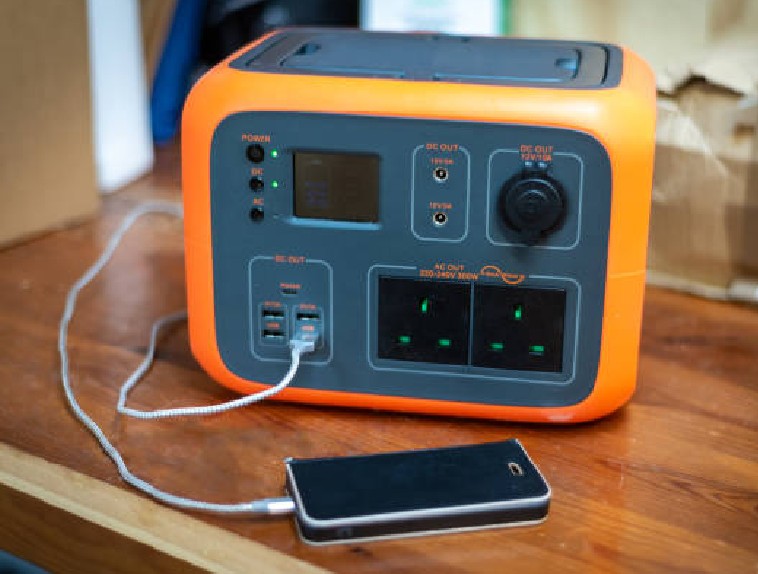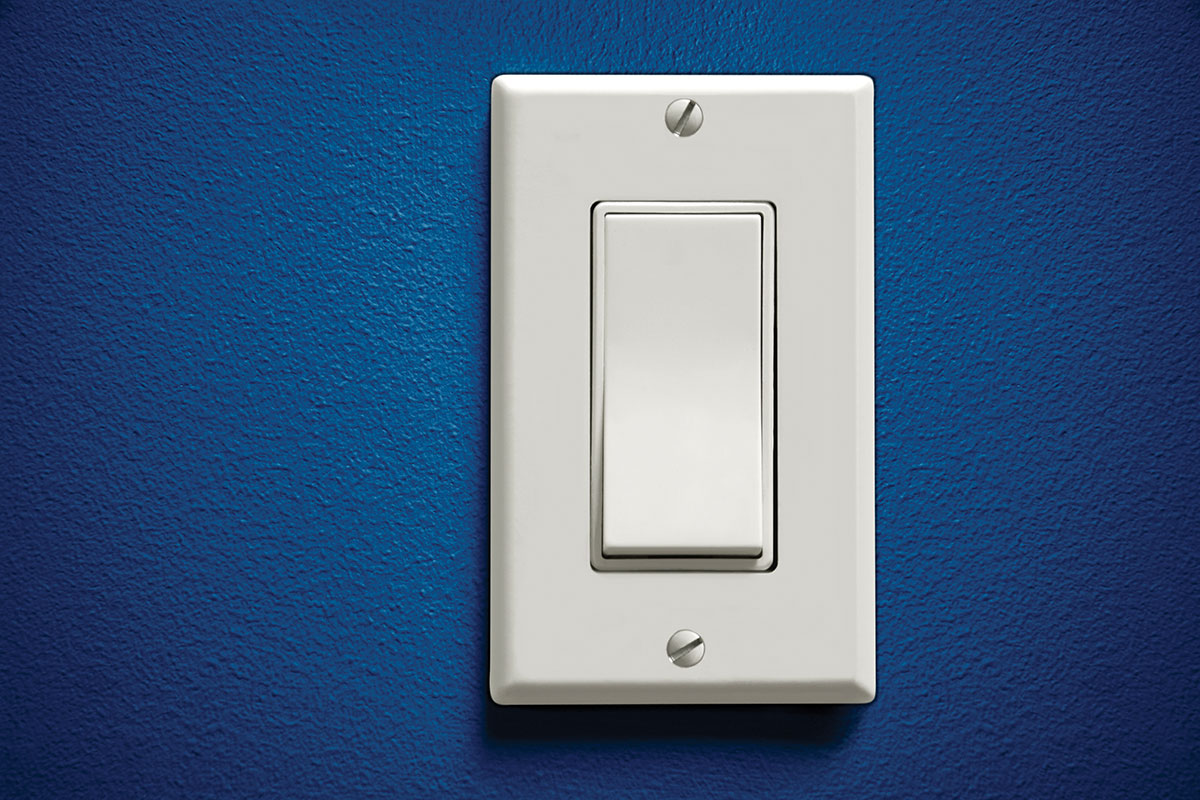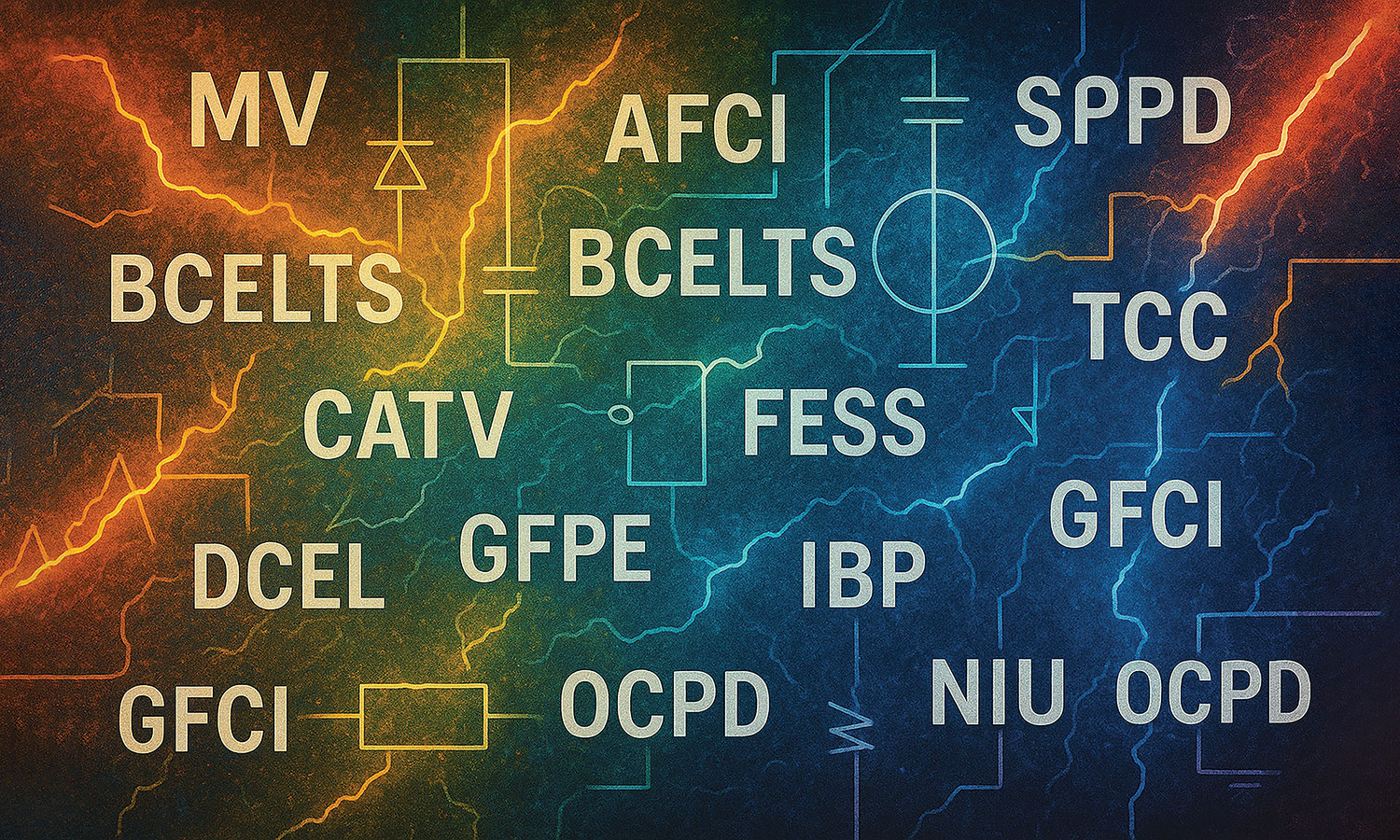May is Electrical Safety Month. During this time, many industry professionals and organizations try to focus on the safety aspect of the industry. From enhanced electrical safety writings to seminar offerings, it seems as though students of the Code at all levels contribute in some form or fashion. Electrical safety is no accident. Safe electrical installations have an absolute dependence on safety training. This article emphasizes the importance of electrical training and the critical role of those who train electrical workers and inspectors.
It can be said that knowledge is one of the key ingredients to a successful career in the electrical field. Knowledge of the codes and standards used brings even more value. This knowledge is brought to the field and utilized in many effective forms, such as engineering, design, installation, and safety inspection. As students of the NEC, people are brought together by one common set of rules. Each is at his or her own level of understanding and ability to apply these rules to achieve the common goal of safe buildings and electrical installations. Knowledge of the electrical trade and the Code specifically enhance one’s ability to design, install, or inspect electrical work, consistent with the minimum requirements set forth in the NEC.
Qualified Persons (Inspectors and Installers)
The 2002 NEC places enhanced yet specific emphasis on the training and knowledge of the qualified person as indicated by the revision to the term’s definition in Article 100. Qualified person is now defined in Article 100 as, “One who has the skills and knowledge related to the construction and operation of the electrical equipment and installations and has received safety training on the hazards involved.”
The 2002 NEC also includes a new Article 80, which includes administrative and enforcement provisions for the first time. NEC 80.27 focuses on the qualifications and knowledge of the electrical inspector, drawing attention to certification, knowledge, and continuing education for re-certification. It is only appropriate that the qualifications of the electrical inspector be given some level of standardization and consistency. This is a positive move in that direction.
A new section covering arc-flash warnings has been added to Article 110, and requires warning labels to warn qualified persons of potential arc flash hazards The Code also continues to enjoy the added provisions for requirements for over 600-volt installations.
Where the Code mentions the qualified person, it is becoming clearer that knowledge and training are anticipated by these rules. This term, qualified person, is used many times throughout the NEC. Prior to this revision of the definition, the term led to less than uniform and consistent enforcement of many Code rules. For example, many times following a main Code rule is an exception that might read, “Conditions of maintenance and supervision ensure that qualified persons will service the installation.” Basically, this means there is a relaxation of the requirements of the main rule if the conditions stated in the exception are followed. The previous definition of qualified person was much vaguer and resulted in circumstances where the qualified person anticipated by the rules in the Code was less than that required to meet the equivalent safety anticipated by that particular application. The revision to the definition of qualified person should assist code enforcement officials in applying these requirements in a more consistent and uniform manner that is in step with the intent and spirit of the Code.
Training for Today and Tomorrow
Having trained electrical workers is imperative to the industry from the perspective of electrical safety. The NEC has been revised to address the qualifications of electrical industry workers. Training in the electrical field starts early and is continuous throughout one’s electrical career. The terms “continuing education and training” include two present tense words—”continuing” and “training” that are ongoing actions. These actions are vitally important to electrical industry professionals and tradespersons. It is appropriate not only during electrical safety month but also throughout the year that diligence be allocated to enhancement of continuing electrical education through apprenticeship programs, seminars, electrical workshops and electrical certification programs. It is vital to the trade that the philosophy of “training our successors” be kept active. This is a critical component of the trained electrical workforce and trained electrical inspectors.
From the novice apprentice to the seasoned electrical engineer, we are all students of the Code and connected to this dynamic industry that continues to birth new technologies and requirements. It is important to keep current with the trade on an individual basis; but the challenge is to effectively train our successors and can slow organizational growth. I’ve encountered old philosophies that withhold knowledge and information, with the hope of increasing job security. This only damages and holds back the potential and growth of our successors. Many who have this philosophy have much to offer those coming through the ranks and should share it without hesitation. Information and knowledge in the electrical field should be shared freely and openly for the benefit of all participants. This can only serve to enhance awareness and safety in the trade.
That is a major reason why IAEI is involved in electrical trade educational workshops and seminars. Only those who know and understand the value of giving back to the industry in the form of teaching are chosen as instructors. IAEI instructors also receive continuing development training, both professional and technical. Electrical trainers are key to continuing the philosophy of “training our successors,” and must continue to work to that mission and objective. Seasoned journeypersons and electrical inspectors should work to pass on the knowledge. There is no greater feeling in the business than to know you have had a positive effect on a group and have enhanced their growth and knowledge. Think of it as teaching the children; it’s the same philosophy.
The Role and Responsibility
The role of the electrical inspector is a challenging one with a great deal of responsibility. Training of electrical inspectors is critical to their confidence and performance. Electrical inspectors have a significant responsibility in the approval process and the testing labs, which are featured in this issue, provide a mechanism to assist in that process.
There are many resource references for authorities to ensure compliance with the rules and requirements of the NEC. The Code clearly establishes the role of the authority having jurisdiction. For the 2002 NEC the term authority having jurisdiction (AHJ) is defined as, “The organization, office, or individual responsible for approving equipment, materials, an installation, or a procedure.” The AHJ has the responsibility of enforcing and interpreting the rules in the Code. The NEC indicates that electrical installations are acceptable only if approved (see 110.2). Approved is defined in the NEC as, “”Acceptable to the authority having jurisdiction.”” The knowledge of the inspector enhances his or her ability to apply the provisions in the codes and standards to achieve safe buildings and electrical installations. To make effective decisions as an installer or inspector one relies on his or her knowledge and field experience. Being knowledgeable in the field means that when critical decisions are being made, if there is uncertainty, the seasoned inspector knows to get additional information and where to go to get it. It is important to be able to step back and utilize resources to make the best decisions when it comes to safety. There should be no compromise.
The authority having jurisdiction generally will rely on and require the use of listed equipment installed in accordance with the requirements of the NEC. The approval of the listed equipment also depends on the appropriate use of the equipment. This is reinforced by the requirement of NEC 110.3(B).
Codes and Standards are the Minimum
Both electrical and building safety depend on proper conformance assessment. The integrity and functionality of electric al circuits and systems rely on professional installation by qualified persons and functions such as testing, maintenance, servicing, or repair as required thereafter. Conformance assessment is a method of evaluating a product or installation, or both as suitable for a purpose and is, above all, safe. In the electrical industry, safety is the bottom line and consideration should be given to nothing less than the minimum safety provisions in the codes and standards. It can be said that the Code is a minimum, which said another way, means at least that much must be done for safety. Electrical inspectors are trained to identify when the minimum provisions required for safety have been met.
Patience Enhances Results
Qualified inspectors are often patient, and not quick to make decisions that require additional research beyond the words of the NEC. This exemplifies the qualified inspector; in that understanding, one does not have to know all of the provisions, just where to go for the information. This enhances consistent and uniform enforcement of the rules of the Code, another objective of the IAEI. The role of the electrical inspector is to be responsible for the interpretation of the rules as indicated in 90.4. This required daily function of the electrical inspector directly impacts safety. Becoming seasoned at the business of electrical inspection involves training and mentoring by those who have served before us. Training our successors is important and should not be taken lightly. It is truly an ongoing process.
Summary
The IAEI has always emphasized promotion of electrical codes, standards, and training as a main objective of the association. IAEI understands the value of quality, accurate, and professional electrical training materials and will continue to work to that end in the development thereof. As the training needs throughout the regions of the country and beyond are on the increase, IAEI is positioned to be a sought-after electrical training entity nationally and internationally. IAEI encourages and salutes those involved in electrical training, and understands the many associated challenges that are on the horizon. Have a great Electrical Safety Month, and do not hesitate to pass on your knowledge for the benefit of others. Remember to “train your successor” If we don’t, who will?













Find Us on Socials